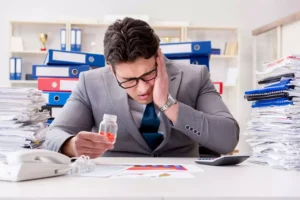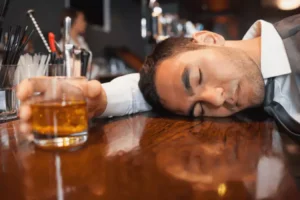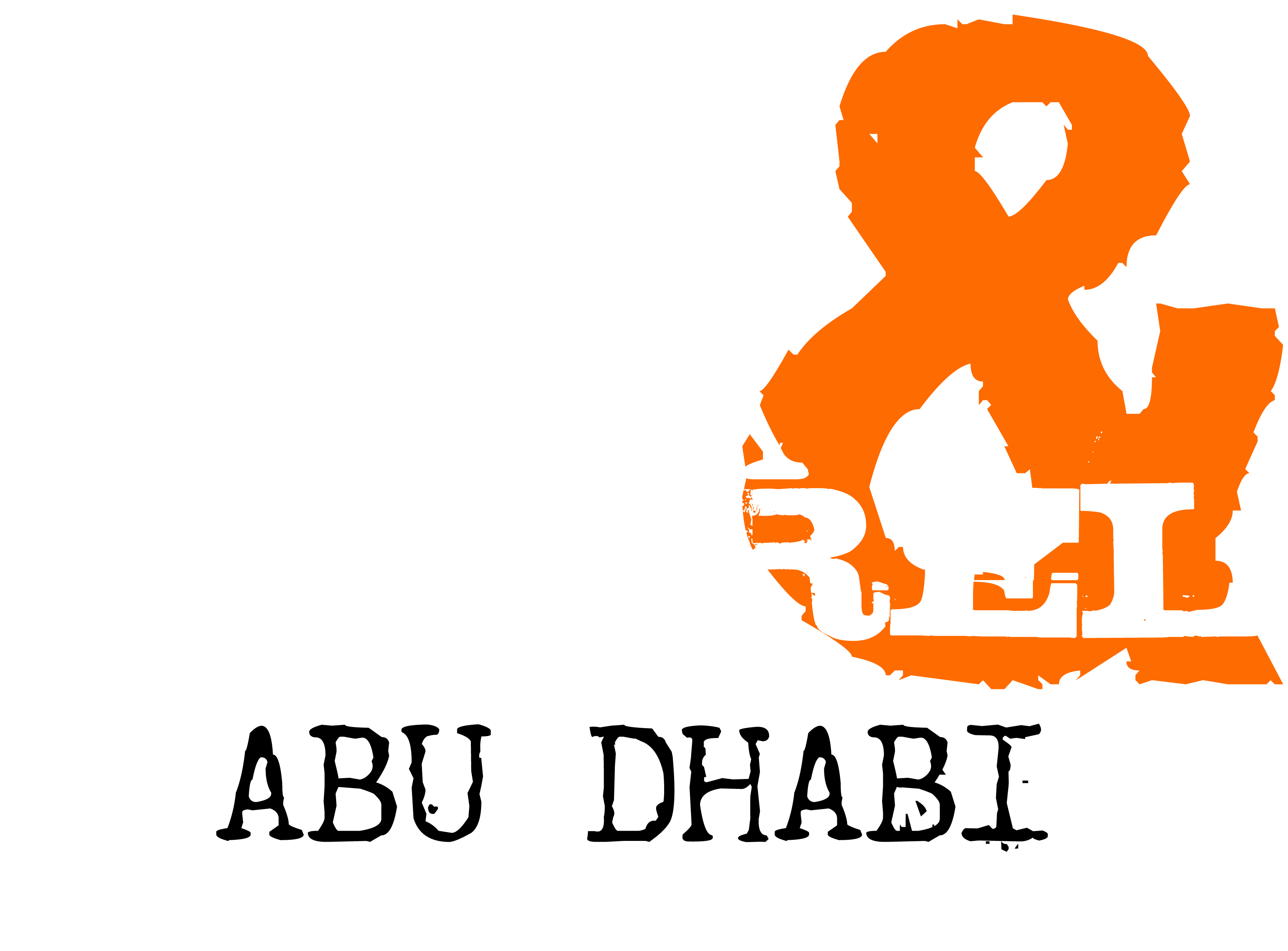
Explore which drug class has the highest potential for abuse and how to combat substance use disorders. Moderate drinking (one drink a day for women and up to two per day for men) may improve blood glucose management and insulin sensitivity, potentially leading to lower A1C levels. A balanced diet can help individuals manage sugar cravings, maintain a healthy weight, and improve overall well-being.
The Science Behind Sugar Cravings Post-Alcohol

While sweets can temporarily alleviate alcohol cravings, it’s crucial to approach this strategy with caution due to the complex relationship between alcohol and sugar cravings. With the right strategies and support, individuals in recovery can effectively manage these cravings and make significant strides towards recovery. Understanding these connections can inform strategies to manage why do alcoholics crave sugar sugar cravings in individuals with AUD. For instance, individuals in recovery might benefit from consuming balanced meals throughout the day to avoid spikes and crashes in blood sugar levels that could potentially trigger cravings. Furthermore, incorporating regular physical activity and cognitive-behavioral strategies can also help manage cravings and promote overall well-being.
Why do I crave sweets after quitting alcohol?

Some other substitutes people might turn to include food, nicotine, marijuana or other drugs. I couldn’t stop wondering why my preference for minty cocktails had turned into a craving for mint chocolate chip ice cream. So, I reached out to two psychiatrists who specialize in alcohol addiction https://ecosoberhouse.com/ for some intel on the physiological and psychological factors at-play. Other smaller studies have observed similar relationships between abstinence and sweets cravings in people with alcohol use disorder (AUD). In truth, it’s not always such a bad thing to eat some extra sugar in recovery.

THC as a Treatment for Depression
Often our minds confuse thirst for hunger, which can lead to unnecessary intake of sweets. Additionally, maintaining a regular exercise routine can offset these cravings by reducing stress and helping regulate your hormones. Exercise also stimulates brain chemicals that can leave you feeling happier and more relaxed, which might also reduce cravings for sweets. Sugar cravings are the most intense about a week after the last drink.
This is partially because alcohol can damage the pancreas, which controls blood sugar levels, and partially due to poor diet and malnutrition. Studies show that alcoholism is at least partially hereditary, and this may also be true of sugar addiction. Scientists have discovered that children of alcoholic parents may be more likely to have a sweet tooth. From brain chemistry to low blood sugar, we’ll explore the reasons you might get sugar cravings when you quit drinking, and what keeping a healthy balance looks like. Whether recovering from alcoholism or drug addiction, this mindset can take us down a dangerous path.
- Still, they’re pretty common, especially if you drink regularly or your alcohol use falls into the “heavy drinking” category (binge drinking 5 or more days in the last month).
- Liquid sugars from alcohol are quickly absorbed by the body, which may not be beneficial in preventing or treating low blood sugar that can occur hours after drinking.
- This population exhibits low selenium and potassium levels due to lower muscle mass attributed to malnutrition.
- Explore the prevalence, consequences, and interventions surrounding this connection.
- Gillian Tietz is the host of the Sober Powered podcast and recently left her career as a biochemist to create Sober Powered Media, LLC.
Recovering alcoholics often experience an overwhelming craving for sugar, which can be attributed to various psychological factors. Understanding these factors can shed light on why sugar becomes a common substitute for alcohol during the recovery process. Alcohol and sugar share similar neurological effects, particularly in relation to the activation of opioid and dopamine receptors in the brain.
- These genetic factors could contribute to the sweet preference observed in individuals with alcohol use disorders and other conditions.
- Don’t forget, you can ask questions anytime, and we’ll do our best to find the right expert to point you in the right direction.
- When individuals in recovery from alcohol abuse put down the bottle, they may find themselves experiencing cravings for sugar instead.
- Understanding these phenomena is crucial to managing sugar cravings in alcohol recovery.
Influence of Dopamine Release on Cravings


Recent Comments